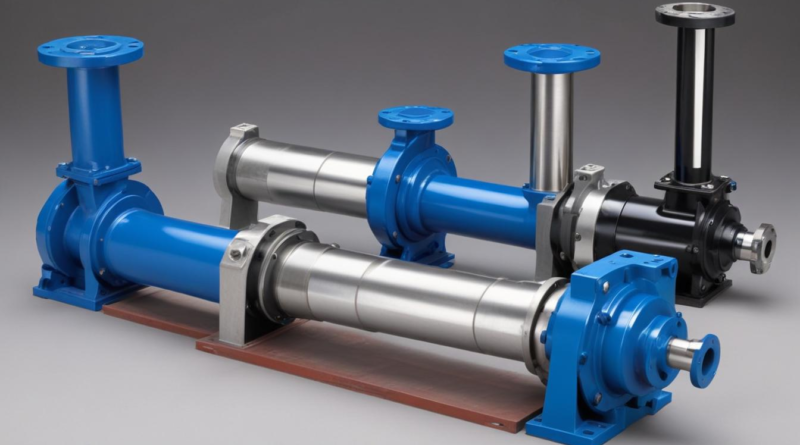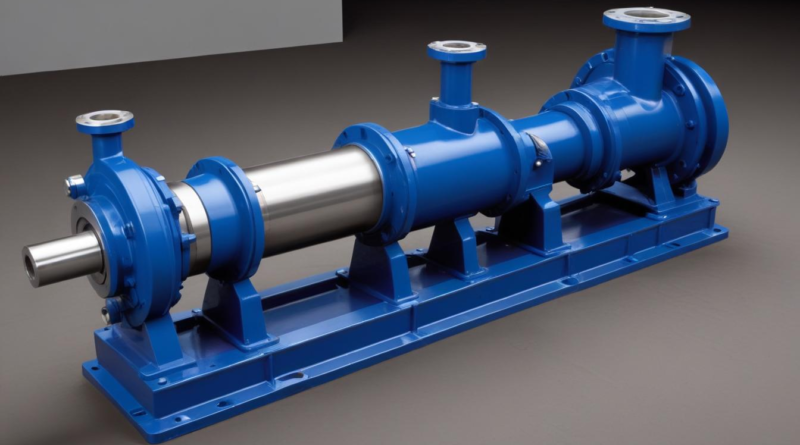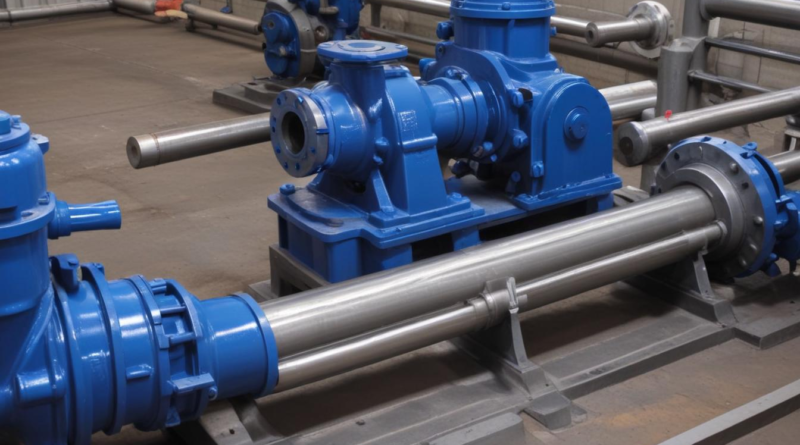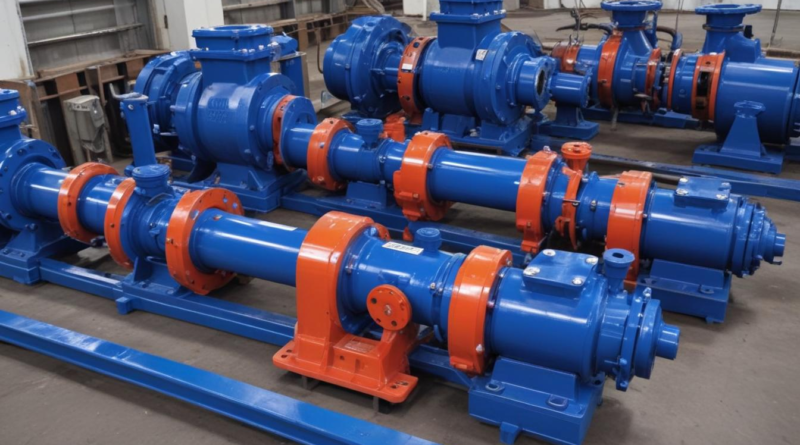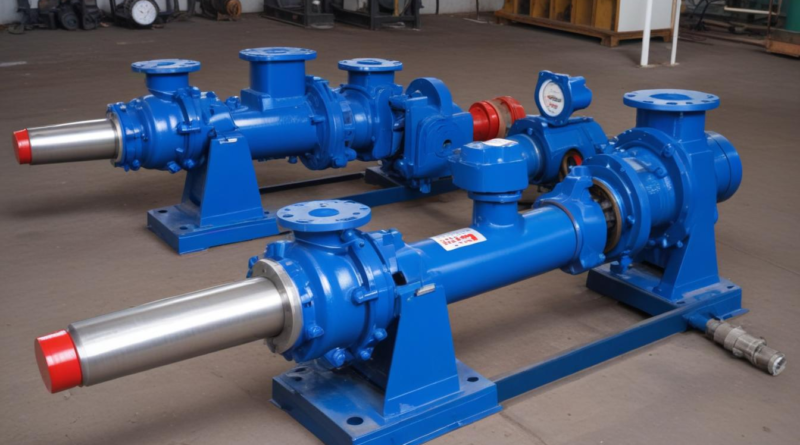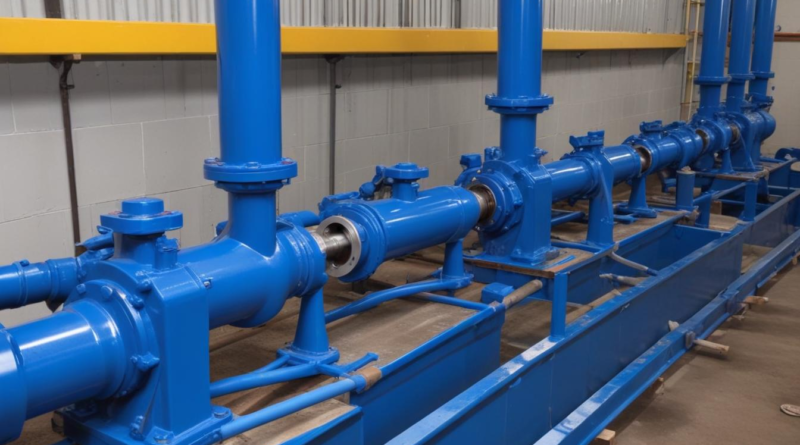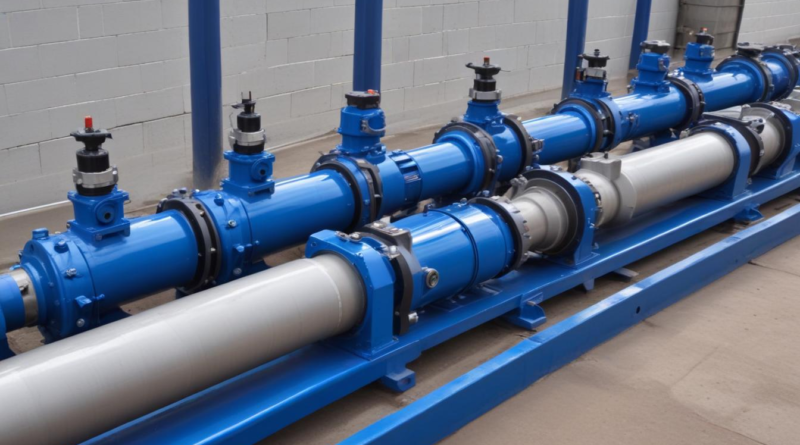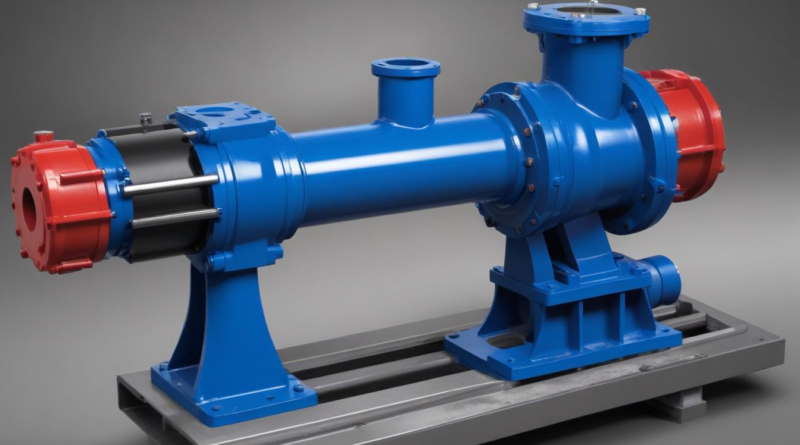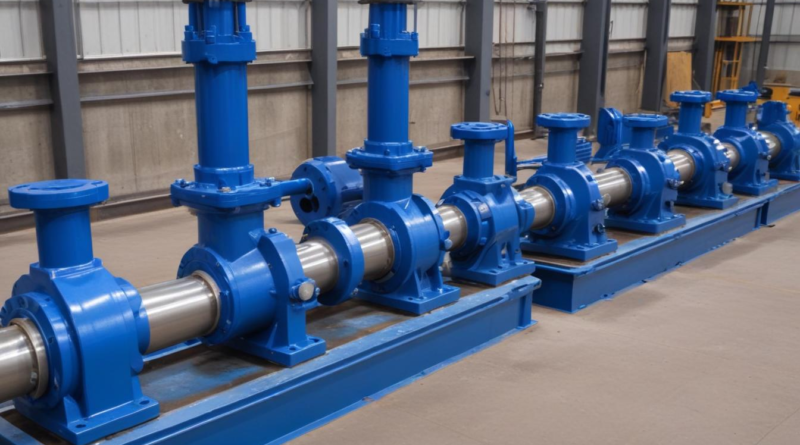Pump performance analysis: progressive cavity pumps
Progressive cavity pumps are pivotal in fluid transfer technology, celebrated for their efficient handling of diverse substances including viscous materials and slurries. Their unique design facilitates consistent flow rates, making them ideal for industries ranging from food and beverage to wastewater treatment. Understanding their operation and performance metrics is critical for optimizing efficiency and reliability, especially as operational conditions and maintenance play significant roles in pump longevity. The advantages of these pumps extend to enhanced energy efficiency and reduced costs, promising improved outcomes across various applications.
Read More
